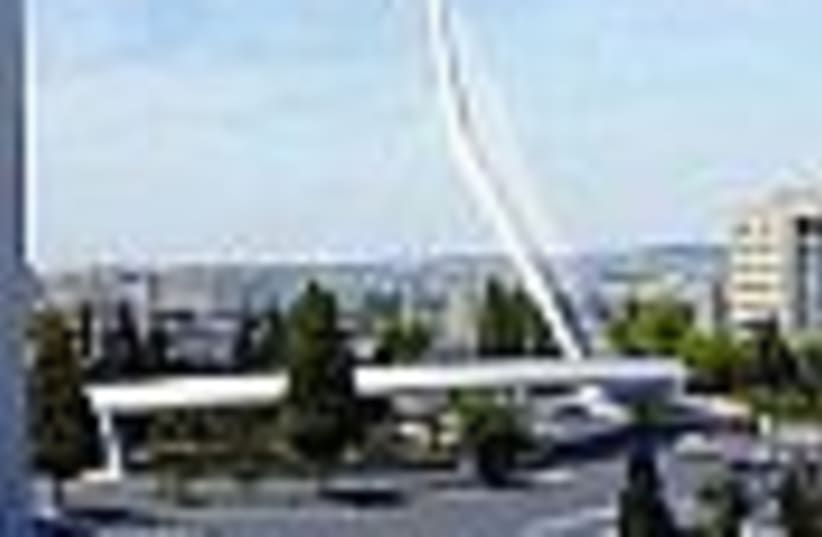Jerusalem Mayor Nir Barkat and EnvironmentalProtection Minister Gilad Erdan are set to meet Monday morning todiscuss the capital's waste disposal and recycling infrastructures.
National student environmental organization Green Course sent aletter to Barkat recently detailing residents' complaints about thedistance between their homes and recycling containers. Much ofJerusalem is outfitted with receptacles for recycling plastic bottlesand paper, but residents complained that they were too far from theirhomes.
In response to the letter, the organization was invited to a Jerusalem municipal council meeting on the topic.
Theonly recycling center for glass, metal and electronic equipment in thecapital is in Givat Shaul, across from Herzog Hospital, near theentrance to Jerusalem.
Proper waste disposal via recycling and composting can solve several crucial problems.
First,it reduces the land needed for garbage dumps. Land is a hot commodityin short supply in Israel. Erdan has set a goal of recycling 50 percentof all garbage by mid-decade. To that end, he and the ministry areworking on legislation which would make manufacturers and importersresponsible for the entire lifetime of the product, including recyclingpackaging. He also plans to introduce a system of separating wet anddry garbage at home which would then be collected by municipal garbagetrucks. At present, the only compost options are local efforts incommunity gardens in some neighborhoods.
Second, landfills produce methane which is one ofthe gases that contribute to global warming. As the organic matter inlandfills decomposes it emits methane into the atmosphere. Part ofIsrael's emissions reduction plan, which is currently being compiled,will no doubt encourage composting and recycling to reduce emissions.